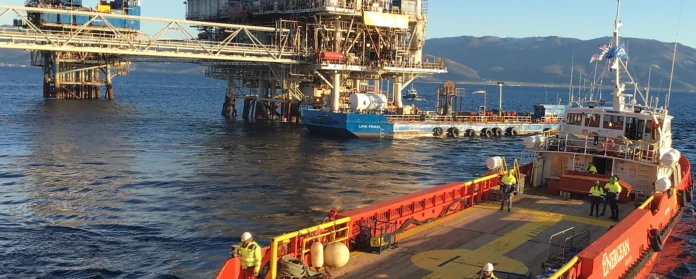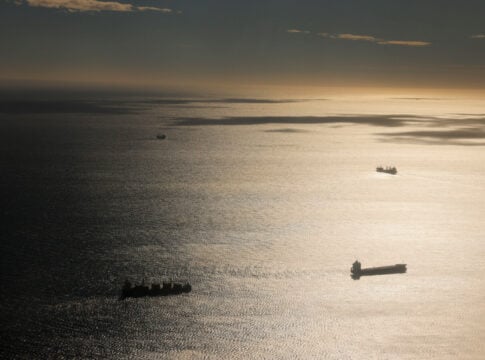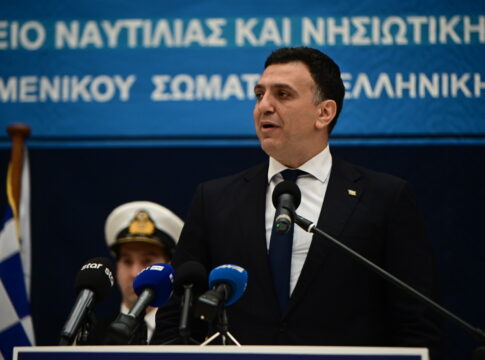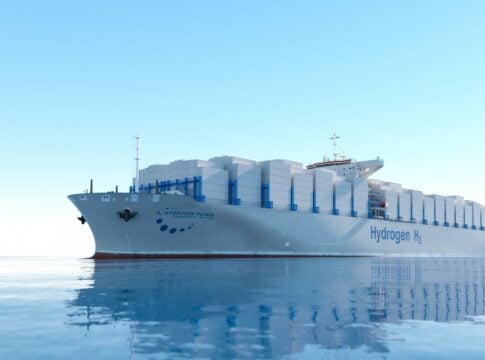Enearth submitted a request for additional EU funds for the underground carbon dioxide storage in Prinos.
The company is a subsidiary of Energean that is developing the project, with a budget exceeding 1.1 billion euros.
Enearth was granted 150 million euros last week by the European Commission, under the Recovery and Resilience Facility, an amount that will partially finance the construction costs of the onshore and offshore infrastructure to create the underground repository. This funding supports the first phase of the project to build a storage capacity of 1 million tons of carbon dioxide per year. In the second phase, it is planned to expand the capacity to 3 million tons per year, for which a financing application with another 150 million euros from the Connecting Europe Facility was submitted in the previous days.
Carbon dioxide emitted by large industries in Greece and the wider region will be channeled into the underground warehouse, for reasons of environmental protection but also to avoid the costs involved in the emission of greenhouse gases in the EU. Enearth has already signed non-binding memoranda of understanding with ten industries that emit significant amounts of carbon dioxide. The dioxide in the first phase will be transported in compressed form by trucks and in the second phase in liquid form by ships.
The next steps for the maturation of the project include the issuance of the storage (in 2025) and operation (in 2026) permits, the issuance of the Storage Regulation by the Ministry of the Interior, the conduct of a market test as well as the receipt of the final investment decision by the industries and Enearth. At the same time, the public consultation of the project’s environmental study is imminent.
In addition to the environmental benefit, the project will ensure the continuity of industrial activity and employment in the Gulf of Kavala for at least two decades, offering new opportunities for study and work to the youth of the region.
It is noted that Enearth participates with the Prinos project in two European pilot programs for the storage of carbon dioxide, together with “Titan” for the storage of 400 tons of dioxide and Elpedison for another 40 tons respectively.














